“U-Turn on PIP likely to create two-tier benefit system with no material savings by 2030”
27th June 2025
“Raising thresholds for new PIP claimants, likely affecting 430,000 people, will slash targeted savings to just £1.9bn a year by 2030[1]. Doing so risks creating a two-tier disabled benefit system, making those disabled after November 2026 less deserving, but will almost certainly trigger a surge in claims ahead of the deadline.
Echoing the 51% increase in Pension Credit claims after changes to Winter Fuel Payments last Summer[2], we consider that even a quarter rise in daily PIP applications could lead to 60,000 additional awards and £250M fewer savings annually[3]. This complex policy change will also continue to drive claimants into an exhaustive and overwhelmed appeal and tribunal system, where claimants are waiting over a year just for a hearing date. In line with our previous analysis (here), changes today could see an additional £100M a year in extra administrative costs.
Alongside pressures on the NHS and social care, since the flawed assessment process risks excluding low-scoring claimants, rather than those who are perceived to have “lower-needs”, the net savings are set to evaporate entirely, and might even become a net cost to the Treasury.
A similar plan to tighten PIP eligibility by reducing the weight given to aids and appliances was proposed by the Conservative government in 2015 and abandoned as unworkable within a year. The government should recognise that this latest iteration must likewise be dropped. A far better route to reduce economic activity is to focus on closing the employment gap for disabled people and carers, a path which could deliver the Treasury £38 billion a year.
If the government is serious about welfare, it should take pause, and listen to the voices of disabled people and carers about how to create meaningful reform.”
[1]Institute for Fiscal Studies (2025) and DPC Analysis of the 430,000 new claimants likely affected by PIP changes, with a CPI inflation adjusted award for Daily Living at up to £4,500 per annum by 2030. The Government’s Proposed Reforms to Health‑Related Benefits: Incomes, Insurance and Incentives (London: Institute for Fiscal Studies, June 26, 2025), accessed June 27, 2025. https://ifs.org.uk/publications/governments-proposed-reforms-health-related-benefits-incomes-insurance-and-incentives. ifs.org.uk+9ifs.org.uk+9ifs.org.uk+9
[2] UK Parliament (2025), Questions for Department for Work and Pensions, Pension Credit Winter Fuel Payment Written question UIN 56335 (Lee Anderson, Commons, 2 June 2025) https://questions-statements.parliament.uk/written-questions/detail/2025-06-02/56335.
[3] Based on 1,000 daily PIP cases, we conservatively assume a 25% increase will see over 120,000 cases, which lead to around half receiving a successful award in line with DWP customer journey data (2025).

